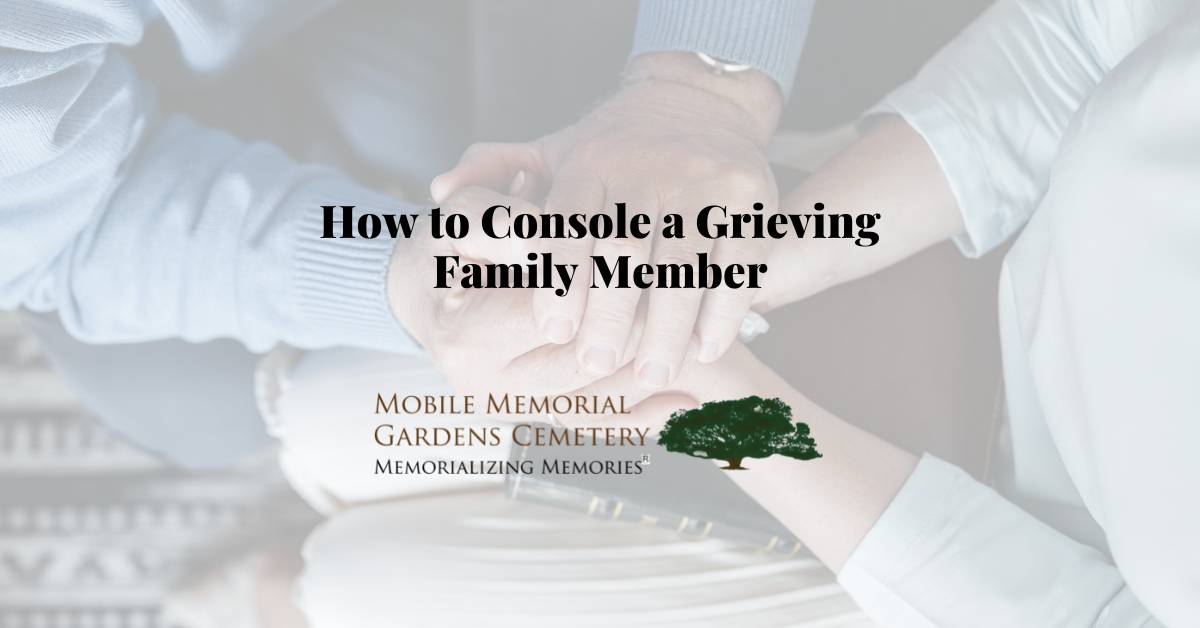
The best thing you can do for a grieving person is to ask them about the person they lost, how they're coping and how they're feeling. This will help them process their feelings, while also giving you insight into what they need at this time. If you want to talk in more depth about what happened (e.g., "How did you find out?"), try doing it after an hour or two of light conversation - don't dive right into it!
Here are some more tips about consoling a grieving family member.
Practice real empathy.
Empathy is different from sympathy. It's not about feeling sorry for someone and giving them a hug, but more about putting yourself in the shoes of another person and finding out what they're going through. Sympathy doesn't always help anyone through grief, but empathy can be incredibly powerful.
Be honest and open.
When you're with a grieving person, you should be honest about your feelings. It's hard to tell someone the truth when you don't know whether they want to hear it. If you have some of the same thoughts and emotions that they do, it can be tempting to keep them bottled up rather than make yourself vulnerable by sharing them. But hiding your true feelings may cause more pain in the long run.
Be open to their feelings as well. A grieving person may want someone who will listen without judgment or criticism; if so, then be willing to listen without judgment or criticism—even if what they say makes no sense or seems crazy at first glance! Don't try too hard during this time; just say "I'm here" (and mean it).
Also, be open-minded when talking about grief itself: there isn't one right way for people who have lost loved ones to grieve or express themselves in this situation; everyone's experience is different depending on their personality type.
Remember, it's not about you.
If you find yourself in a situation where you are talking with a grieving family member, it can be tempting to try to cheer them up or make them feel better. That's normal—and it may help the person in question temporarily. But if they're struggling with grief, they will likely still be hurting later on down the line. You don't want to end up being the cause of this pain by making things worse or causing hurt feelings among other family members who may have different opinions than yours.
It is also important not to try changing the subject or distracting from what's really going on—this sort of behavior usually just makes people feel more isolated and misunderstood than before (which can lead them toward anger).
In the end, the most important thing to remember is that grieving people are hurting. They're grieving their own loss, and they may feel guilty or ashamed of their feelings. They need your compassion and empathy more than anything else. That's why it's so important to be there for them without judging or trying to fix things right away—just let them know that you're there for them if they need anything at all!
If you are struggling to navigate grief or the passing of a loved one, we recommend that you reach out to our team at Mobile Memorial Gardens. We want to assist you through this difficult time.
Pre-Need Planning | Ground Burial | Cremation Burial | Memorial & Monuments
Phone: 251-661-1333
Email: info@mobilememorialgardens.com
Address: 6100 Three Notch Rd.
Mobile, AL 36619
© 2025 Mobile Memorial Gardens Cemetery